#The Innocents
Explore tagged Tumblr posts
Text

4.15.25
Admittedly, I was thinking about @gothiccharmschool as the lead throughout the whole movie.
#film#letterboxd#watched#the innocents#jack clayton#deborah kerr#peter wyngarde#megs jenkins#michael redgrave#pamela franklin#martin stephens
32 notes
·
View notes
Text

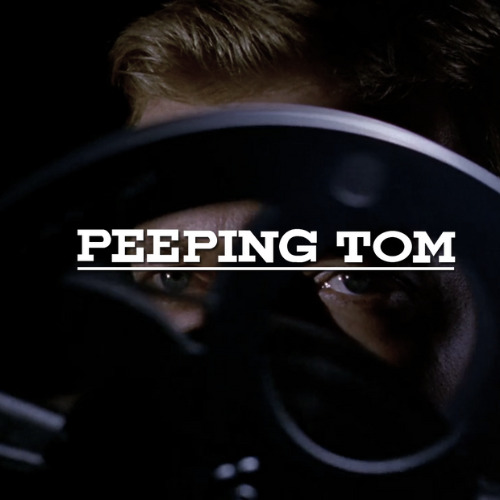
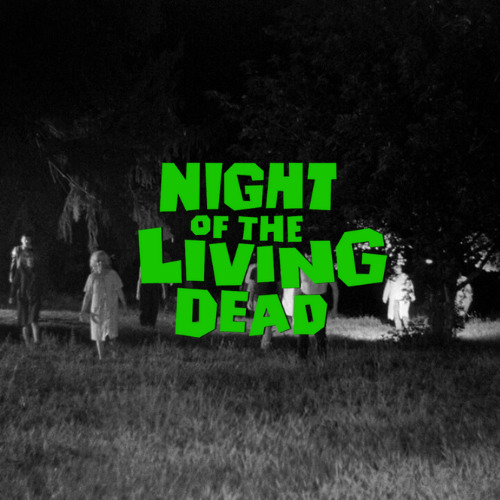
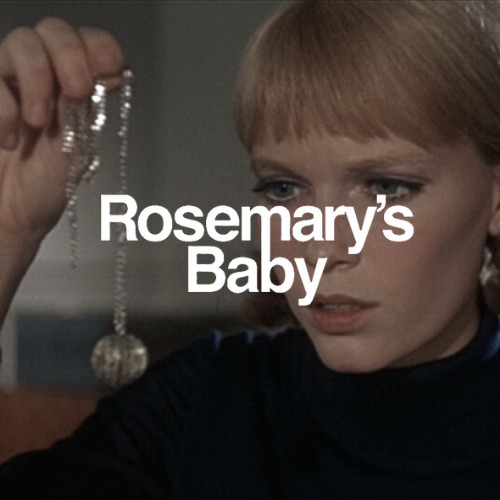
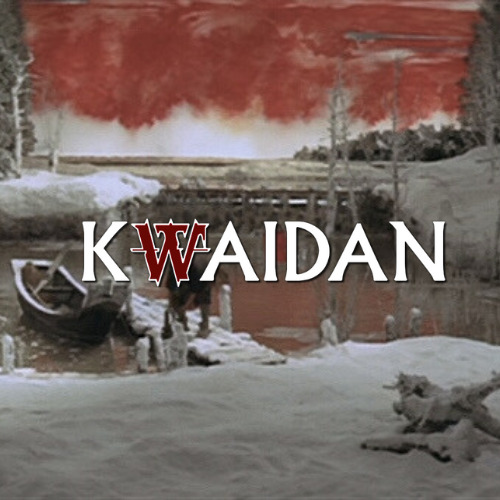
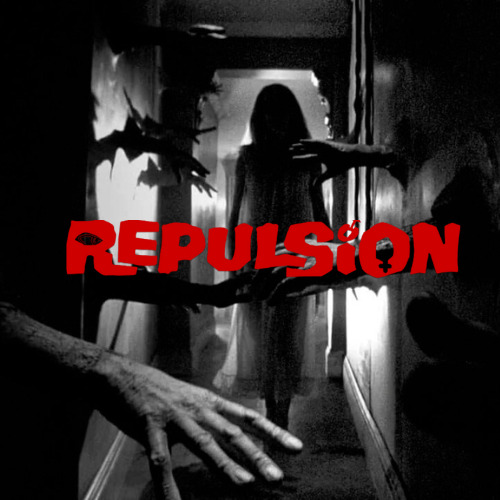
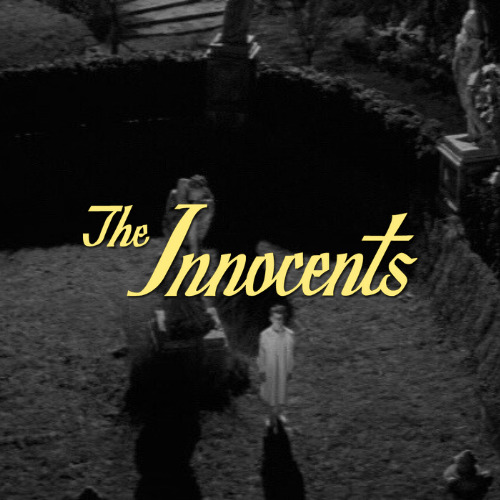
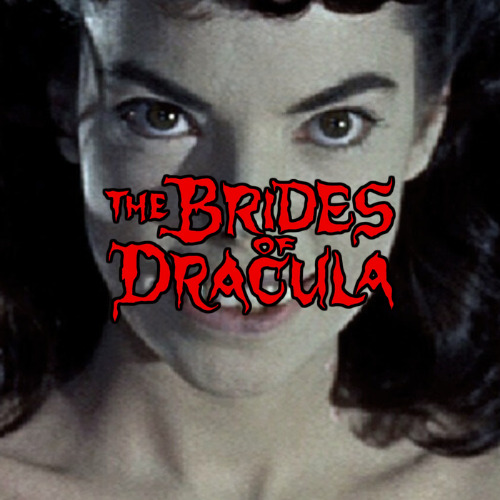
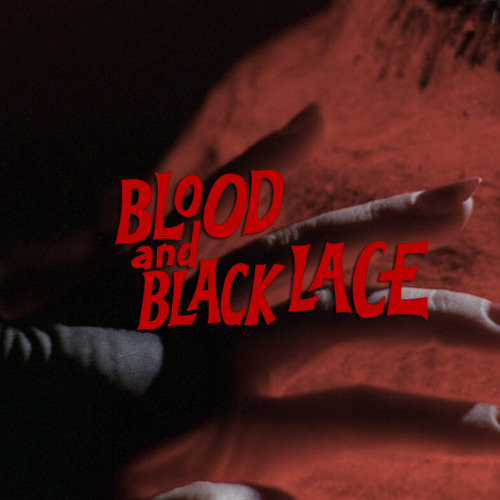

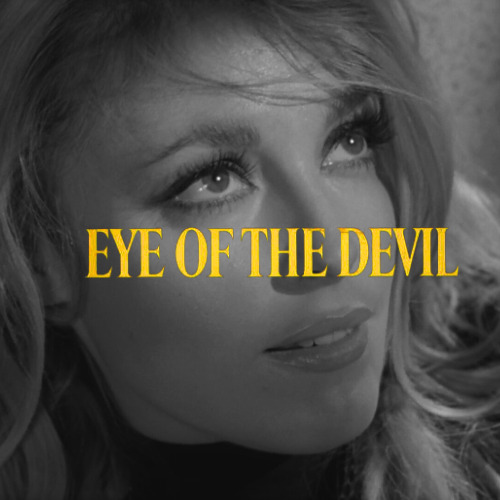
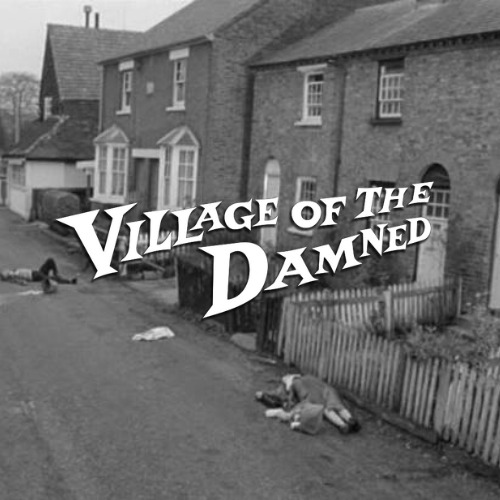
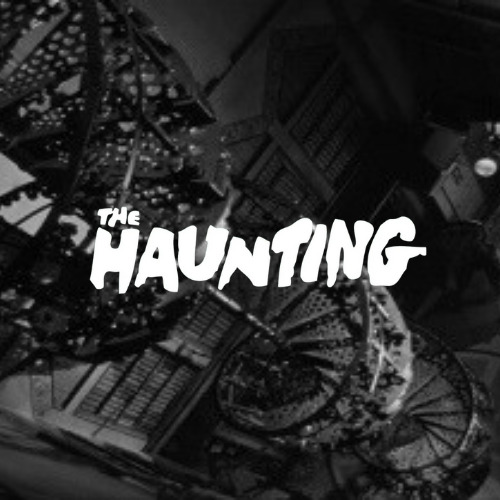
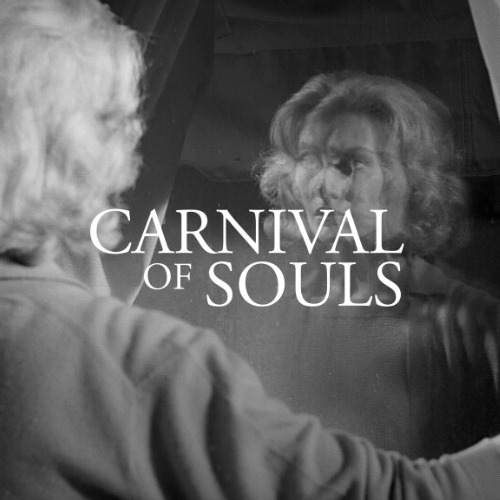

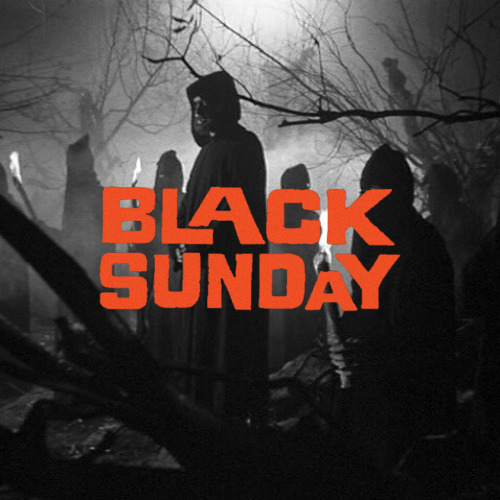
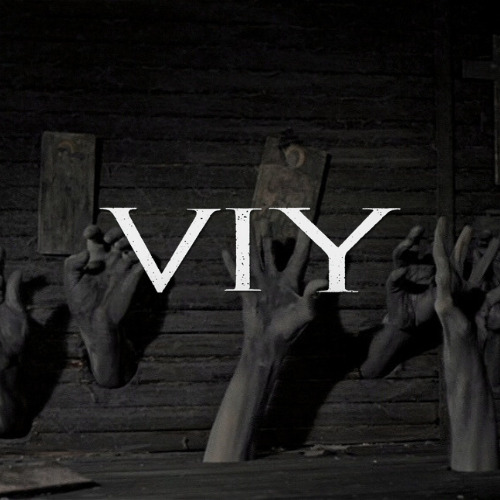
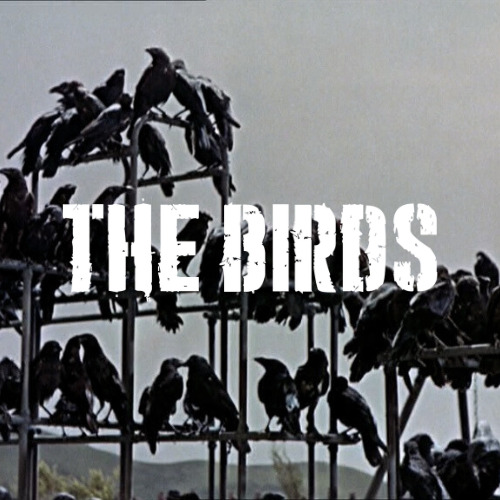
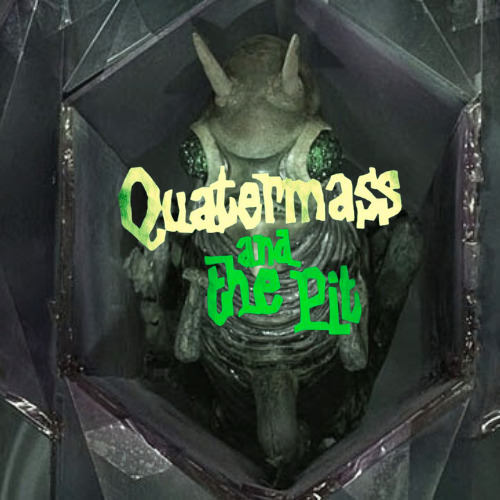

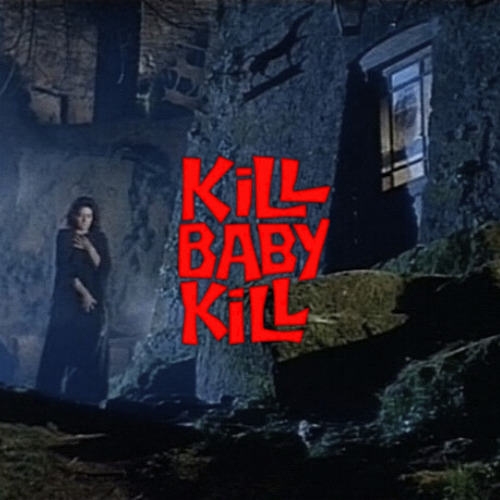
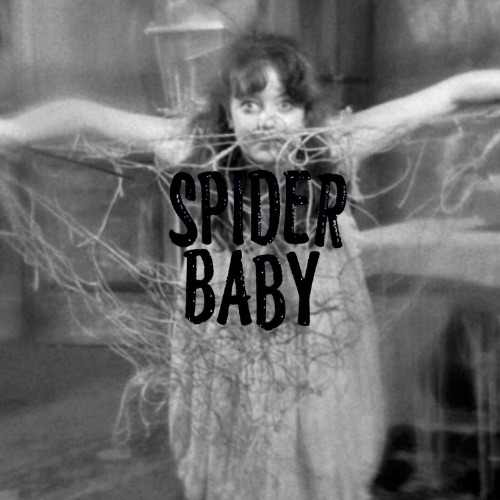


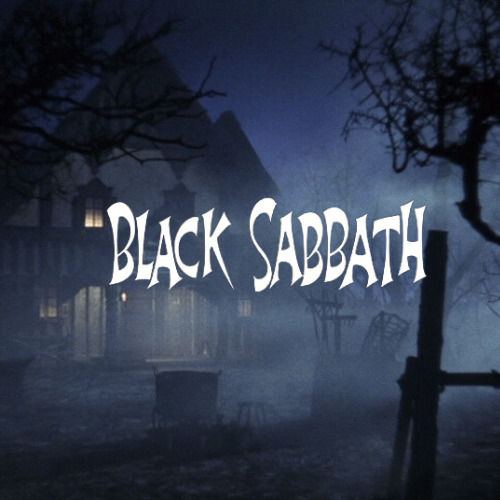
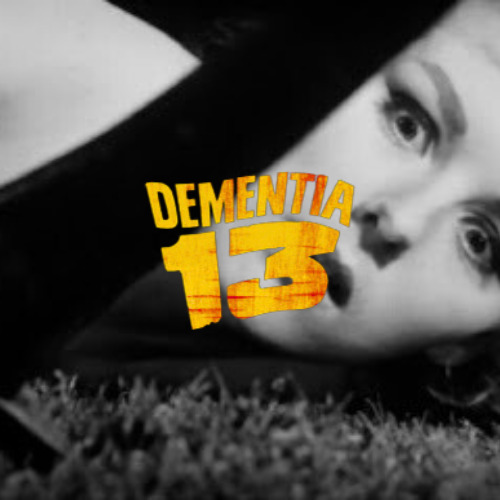

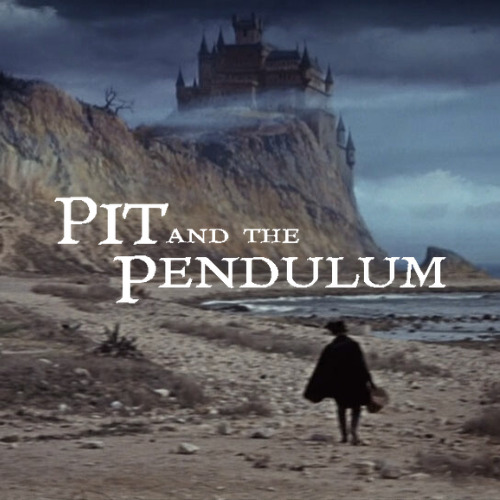
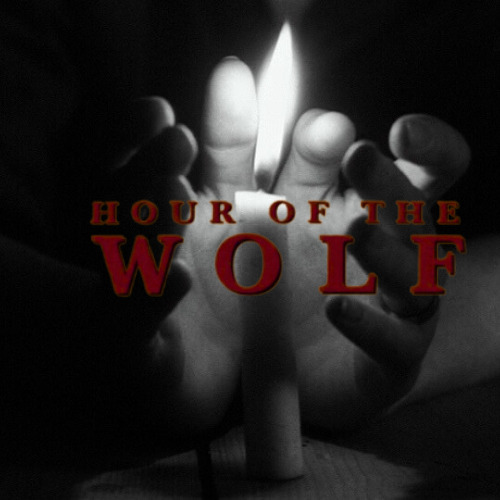

“60s horror movies reflect an era of rapid change and uncertainty, and a yawning generation gap. the social stability of the post-war years crumbled as attitudes to everything from hemlines to homosexuality underwent a seismic shift. horror movies, especially those made for low budgets outside the mainstream studio system, offered ways to process and interpret the rapid pace of change. they often served as cautionary tales about the dangers of abandoning traditional values.”
#horror#horror movies#decades of horror#horror decades#psycho#peeping tom#night of the living dead#rosemary's baby#kwaidan#repulsion#the innocents#the brides of dracula#blood and black lace#the last man on earth#eye of the devil#village of the damned#the haunting#carnival of souls#the masque of the red death#black sunday#viy#the birds#quatermass and the pit#planet of the vampires#kill baby kill#spider baby#eyes without a face#the conquerer's worm#black sabbath#dementia 13
1K notes
·
View notes
Text
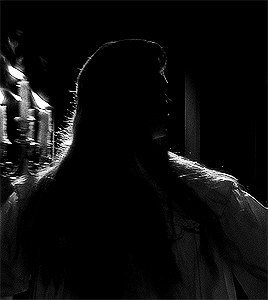
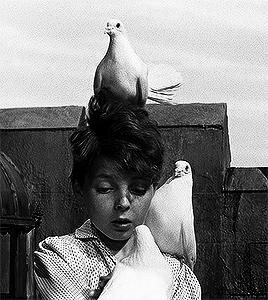
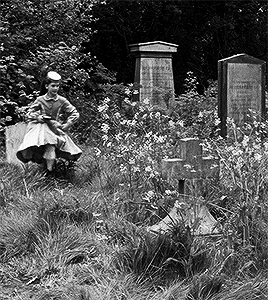
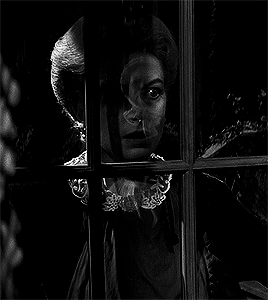
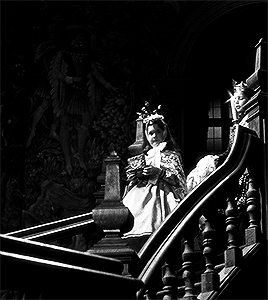
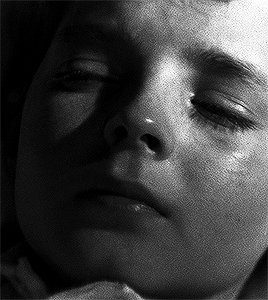
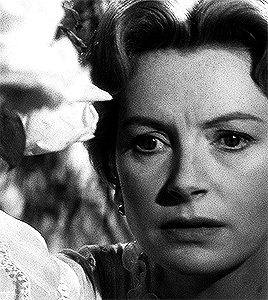

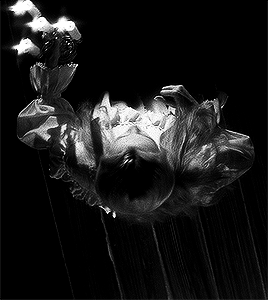
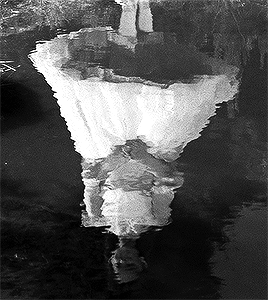
The Innocents 1961 | dir. Jack Clayton
#*#the innocents#films#filmedit#horroredit#filmgifs#moviegifs#classicfilmsource#classichorrorblog#userlenie#uservita#albertserra#usersavana#userhavva#userraffa#1k
1K notes
·
View notes
Text
Inspirations and Themes in “Nosferatu” (2024), according to Robert Eggers
At the surface this film appears to be “just another remake”, but it’s actually the opposite; it’s a subversion of every theme in Bram Stoker’s “Dracula” and on the original 1922 “Nosferatu”; because Eggers threw the “sexual purity”, “Christian salvation” and “Victorian romantic love” out of the window in this one.
What is Robert Eggers’ “Nosferatu” about? What are the themes? What makes his adaptation different from the others? Let’s explore the list of inspirations for this story, according to their own creator:
1. Emily Brontë “Wuthering Heights” (1847)


“You loved me then, what right had you to leave me? What right, answer me, for the poor fancy you felt for Linton? Because misery and degradation, and death, and nothing that God or Satan could inflict would have parted us, you, of your own will, did it. I have not broken your heart, you have broken it; and in breaking it, you have broken mine.”
Themes of the all-consuming, obsessive and self-destructive passion, wrecking the lives of everyone around them and only stops when they are both dead; the destructive power of love; revenge; love triangle between a “beastly” man/mental unstable woman/gentleman; blend of hatred and love; couldn’t be together in life, united in death and reunited in the spiritual world; I already expanded on this topic in another post.
2. “Svengali” (1931)

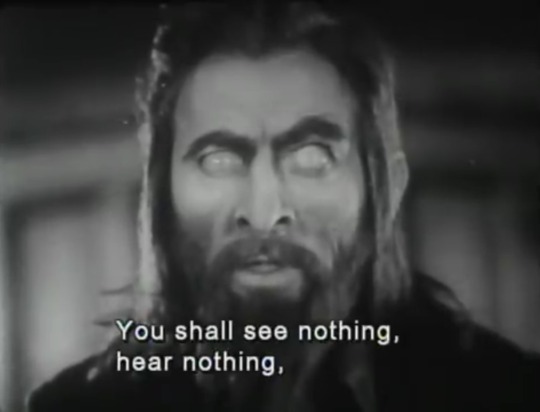
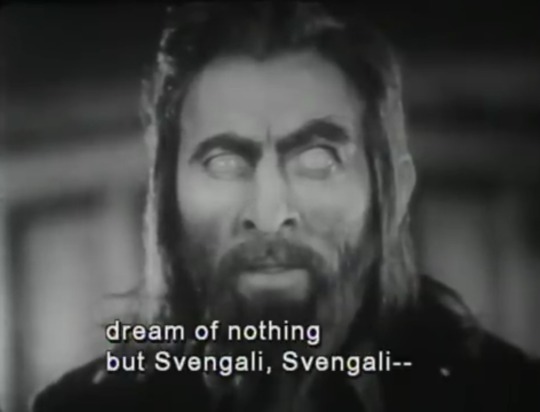
“Oh, God, grant me in death what you denied me in life; the woman I love.”
Theme of the villain who induces others in a hypnotic and mesmerized states; infectious nature which causes contradictory feelings of repulse vs. attraction. Orlok using his sorcery to access Ellen (once again); Love triangle between a obsessive hypnotist/young woman/gentleman; Ellen’s life consumed by her connection with Orlok; couldn’t be together in life, united in death and reunited in the spiritual world.
3. “La Belle et la Bête” (Beauty and the Beast) (1946)


“Love can turn a man into a beast. But love can also make an ugly man handsome.”
Themes of reality vs. appearance: nothing is as it seems, and there’s more to the story than meets the eye. The storytelling is intricate, complex and requires intention and receptivity to truly understand it. Transformation and metamorphosis. Love and self-acceptance; embrace oneself and breaking free from social expectations. Cursed creature whose curse can only be broken by love: “And so the maiden fair did offer up her love unto the beast, and with him lay in close embrace until first cockcrow, her willing sacrifice thus broke the curse and freed them from the plague of Nosferatu.”
4. “Great Expectations” (1946)
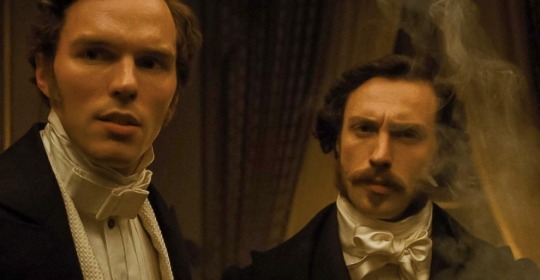
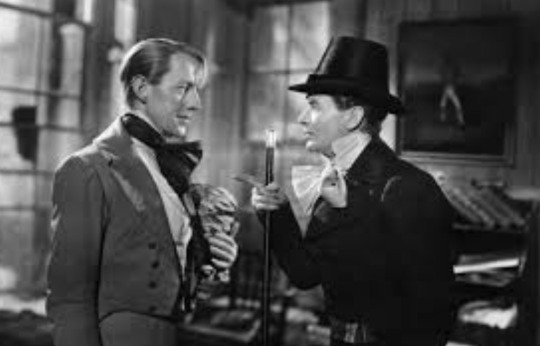
“A young gentleman of great expectations.”
Themes of wealth and ambition vs. affection and compassion. Inspiration for Thomas Hutter character, who seeks social advancement, wealth and climb the social ladder, motivated by a desire of self-improvement. Friedrich Harding is Thomas’s Pip Estella; as he wishes to emulate him, and become a sophisticated gentleman. The arrogance and snobbishness of the upper class. Taking damaging risks in order to achieve ambition (traveling to a remote and mysterious castle), and falling into debt to sustain a certain lifestyle (with Friedrich). Learning that love is more important than wealth, the hard way (both Friedrich and Thomas).
5. “The Queen of Spades” (1949)

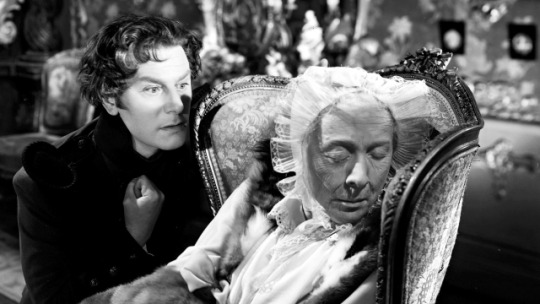
“If you've any human feeling in your breast, you can't refuse me. I beg. I beseech you. I know why you won't speak. The secret is connected with some terrible sin. That's it, isn't it? I'll make a bargain with you; tell me your secret and I'll take your sin upon my soul. Do you hear me? I mean it. A bargain. I'll take your sin upon my own soul.”
Theme of the horror element relying on Gothic ambience and atmosphere, than overt terror. Heavily rely on visual symbols to give meaning to the story: in “Nosferatu” are the lilacs and windows showcasing the connection between Ellen and Orlok. The idea that malevolent forces are at work is introduced early in the narrative. Theme of Faustian deals with the Devil. Themes of fate and the supernatural commanding the life of the characters, and leading to their demise. Themes of greed, power and pride leading to ruin; thirst for power as a pathway to madness, loss of dignity and loss of compassion for others, embodied in Herr Knock’s character, as he won’t stop at nothing to learn Orlok’s secret of immortality.
6. “The Innocents” (1961)


Miss Giddens: Were Quint and Miss Jessel in love? They were in love, weren't they? Mrs. Grose: Love? [Laugh] Oh, I suppose that's what she called it. But it was more like a sickness. A fever that leaves the body burned out and dry.
Themes of sexual repression and Victorian views of female sexuality (wickedness; sickness, shame; contagion; corruption) vs. love (pure; virginal; sacred; innocent; over-protective). The female protagonist overbearing protection of the children/Thomas masks her underlying conflict with her own sexuality (which she sees as sinful, shameful and diseased). Probably the inspiration for connecting flora (lilacs vs. willow tree) with the Ellen and Orlok, too.
7. “Andriesh” (1954)

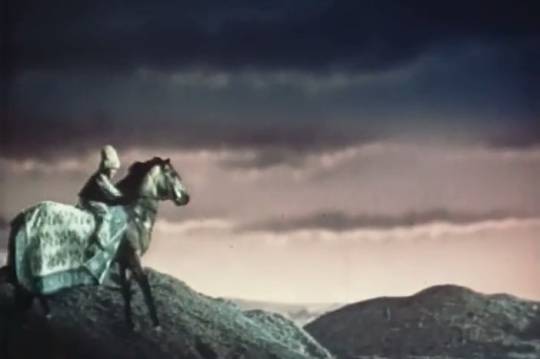
Theme of the folk horror fairy tale, which also characterizes “Nosferatu”. The inspiration for Thomas dwelling in Transylvania and traveling to Castle Orlok, in the Carpathian Mountains; as he’s also given a magical token for protection, meets the people targeted by the supernatural, and faces a perilous journey to reach the castle, and then escape the castle; making allies along the way (Romanian old lady and the Nuns).
8. “Vechir na Ivana Kupala” (“The Eve of Ivan Kupalo”) (1968)

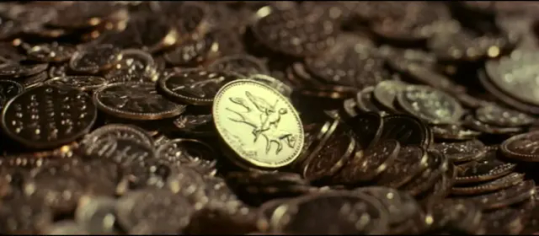
Theme of a darkly evocative, poetic and imagistic story deeply rooted in folklore. Use of several and overlapping cinematic techniques (fast motion, camera angles, etc.), to break the sense of reality within the film; in “Nosferatu” this probably translates in the dream/nightmarish atmosphere and hallucinations. Quick changes in tone (from horror to comedy to melodrama). Non-linear story and “show, not tell” approach; where the symbolism, mythology and cinematic complexity are more important than dialogue. Probably also the inspiration for Orlok giving Thomas’s a mount of gold as payment for his signature on the covenant, which will lead to the ruin of his marriage to Ellen.
9. “Leptirica” (“The She-Butterfly”) (1973)
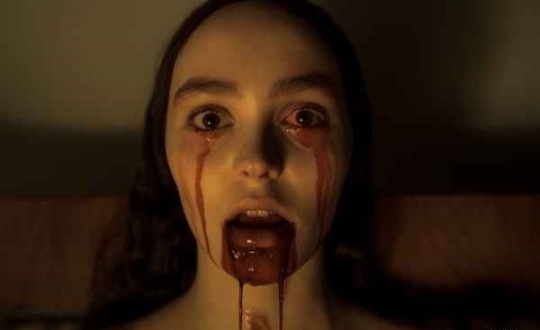

Theme of a story and a vampire heavily influenced by folklore; in “Nosferatu”, by Romanian (strigoi). Use of humor to disarm the viewer. Withholding the reveal of the vampire to the audience; starting with close-ups on the hands, eyes, etc. Using a horse to find the grave of a vampire (in Balkan folklore it’s a black stallion, but Eggers probably choose white to be more visible in the night). A new and completely original ending to a cult classic. The female lead character appears to be naïve and harmless, but is revealed to be the true monster of the film.
#Nosferatu 2024#Robert Eggers#Ellen Hutter 2024#Count Orlok 2024#Thomas Hutter 2024#Friedrich Harding#Herr Knock 2024#lily rose depp#bill skarsgård#nicholas hoult#aaron taylor johnson#wuthering heights#catherine x heathcliff#Svengali#Svengali 1931#la belle et la bête#beauty and the beast 1946#the innocents#the innocents 1961#great expectations#great expectations 1946#the queen of spades#andriesh 1954#the eve of ivan kupalo#vechir na Ivana kupala#leptirica#the she butterfly
230 notes
·
View notes
Text










Horrorween Day 11 / 31: The Innocents (1961) dir. Jack Clayton "What shall I sing to my lord from my window? What shall I sing for my lord will not stay? What shall I sing for my lord will not listen? Where shall I go when my lord is away? Whom shall I love when the moon is arisen? Gone is my lord and the grave is his prison. What shall I say when my lord comes a calling? What shall I say when he knocks on my door? What shall I say when his feet enter softly? Leaving the marks of his grave on my floor. Enter my lord. Come from your prison. Come from your grave, for the moon is a risen. Welcome, my lord."
#The Innocents#horrorween2024#horroredit#userhorroredits#dailyhorrorfilms#classichorrorfilms#classichorrorblog#horrorfilmgifs#userbrittany#gif#mine#made by me#photoset#gifs#gifset#moviegifs#filmgifs#filmedit#filmdaily#tvandfilmdaily#dailytvfilmgifs#cinemapix#doyouevenfilm#fyeahmovies#dailyflicks#moviehub#filmcentral#junkfooddaily
284 notes
·
View notes
Text






Instead, this abuse and the ghosts become intermixed, to the point where Miss Giddens can see manifested trauma everywhere she goes, and her need to declare it destroys the children. (Brenna Goodwin-McCabe on What These Horrors Want: Infectious Thought in The Innocents)
537 notes
·
View notes
Text
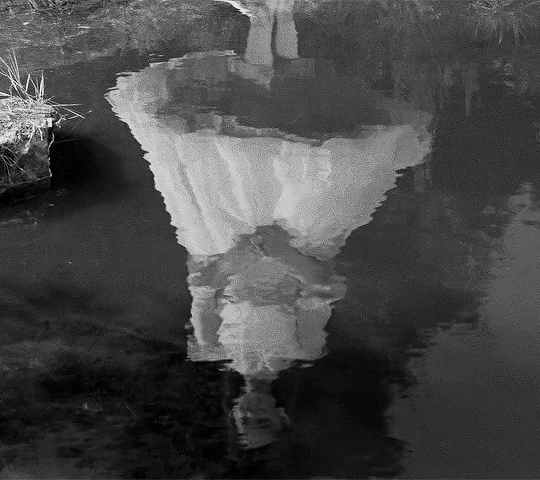


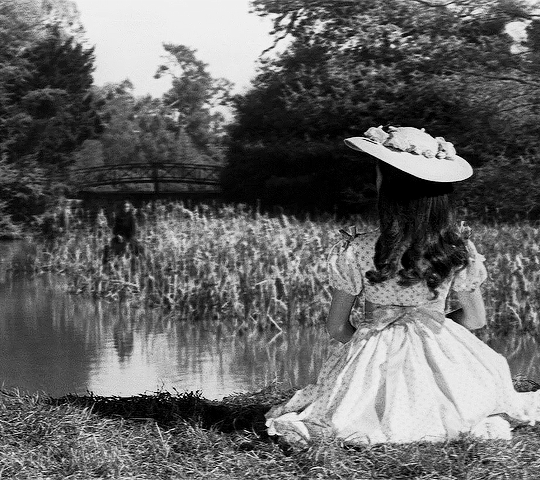
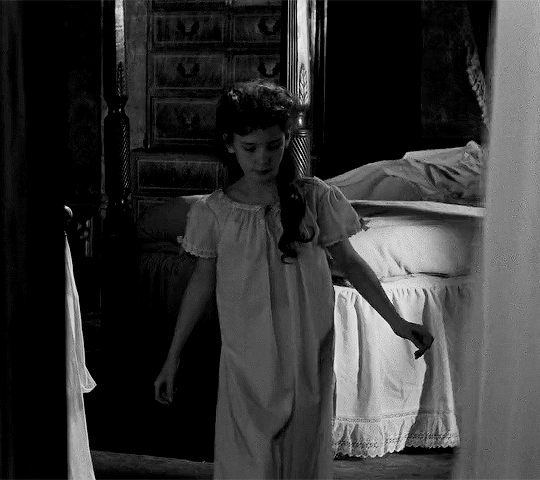
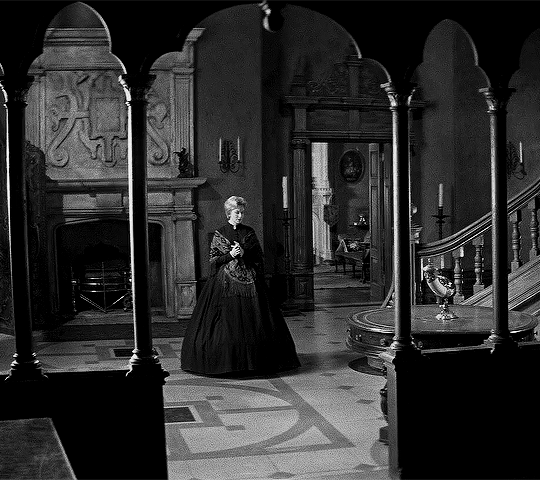
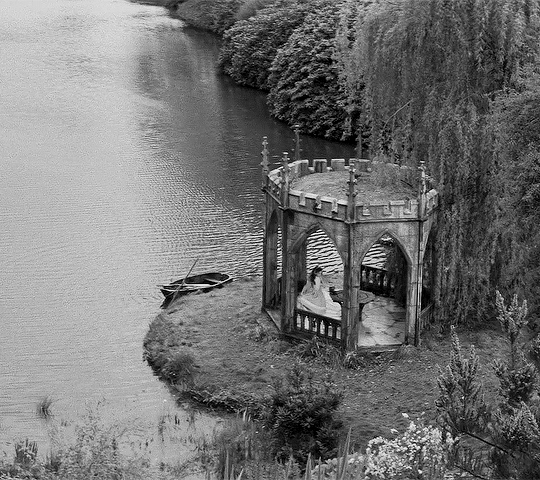
The Innocents (1961) dir. Jack Clayton
#the innocents#filmedit#uservita#tuserdana#henricavyll#classicfilmblr#classicfilmsource#uservintage#horroredit#horrorfilmgifs#cinemapix#cinematicsource#dailyflicks#doyouevenfilm#filmgifs#fyeahmovies#moviegifs#userfilm#useroptional#*
2K notes
·
View notes
Text
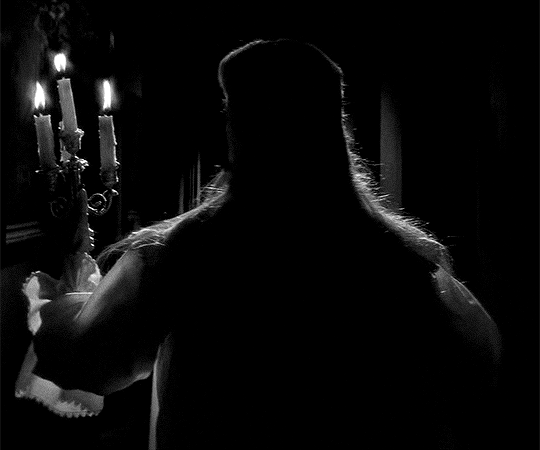
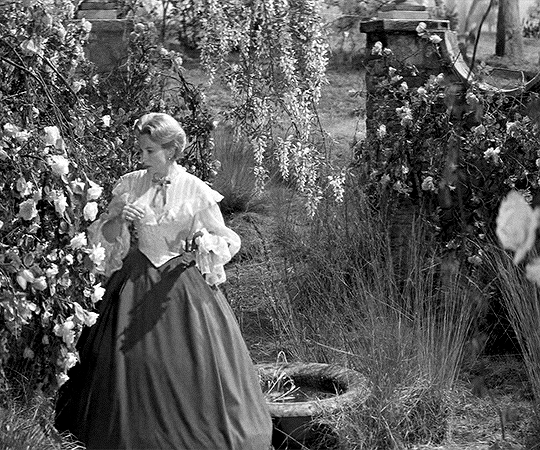
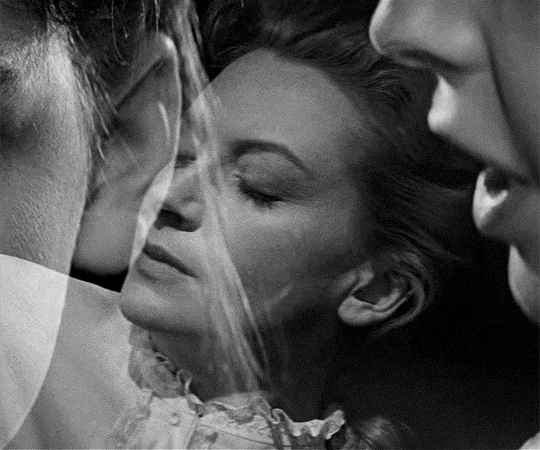
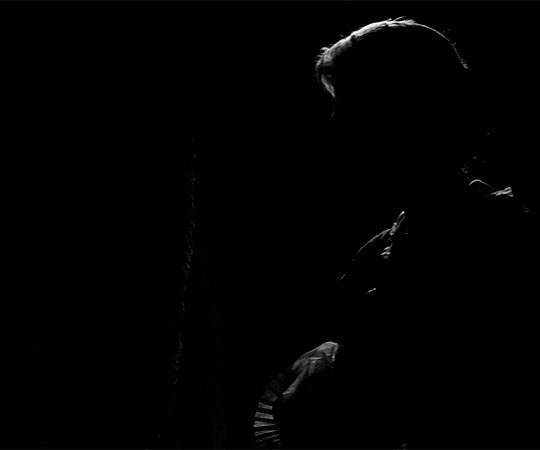

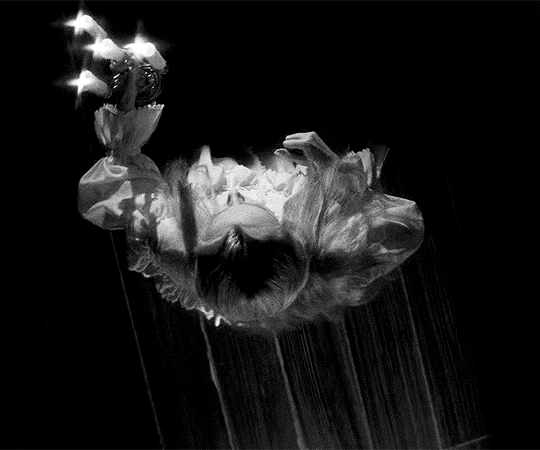
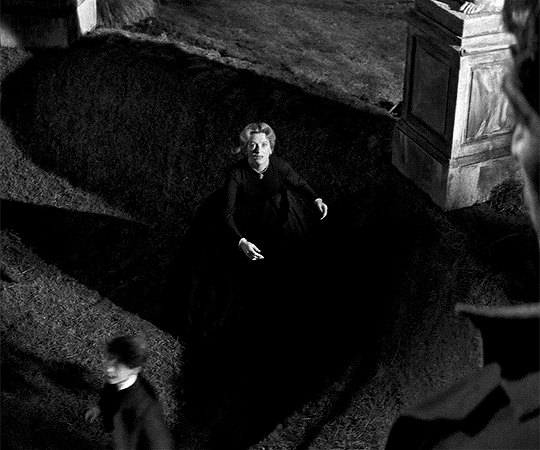
What shall I say when my lord comes a calling? What shall I say when he knocks on my door? What shall I say when his feet enter softly? Leaving the marks of his grave on my floor. Enter my lord. Come from your prison. Come from your grave, for the moon is a risen. Welcome, my lord.
THE INNOCENTS 1961, dir. Jack Clayton
#filmedit#filmgifs#filmblr#classicfilmedit#horroredit#oldhollywoodedit#classicfilmblr#classicfilmsource#cinemaspast#horrorfilmgifs#fyeahmovies#dailyflicks#uservita#ritahayworrth#the innocents#jack clayton#1961#1960s#*mygifs
1K notes
·
View notes
Text
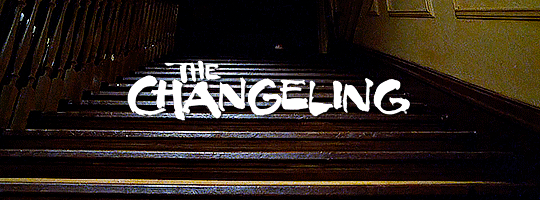


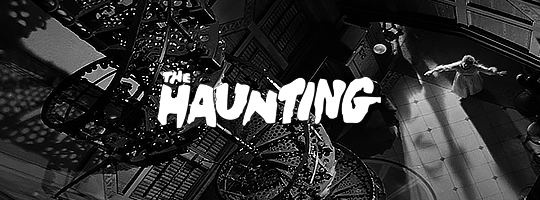

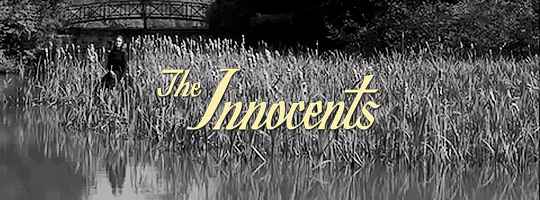

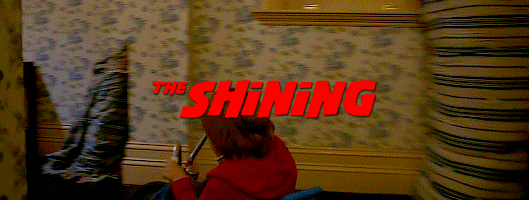
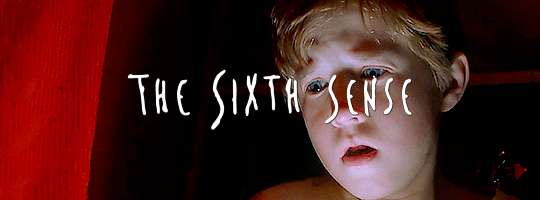
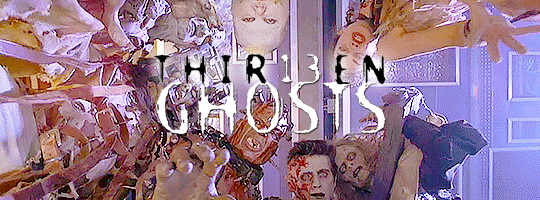
10 Ghost Movies To Consider For October/Halloween
#Horror#Filmedit#Horroredit#The Changeling#The Frighteners#Ghostwatch#The Haunting#The Innkeepers#The Innocents#Lake Mungo#The Shining#The Sixth Sense#Thirteen Ghosts#CHB#10 Movies To Consider#I am not saying that these are the best or that they are my favorites.#Just 10 movies that I think are worth watching for the season.#Flashing Gif
1K notes
·
View notes
Text




The Innocents | 1961 | dir. Jack Clayton
Deborah Kerr as Miss Giddens
#the innocents#deborah kerr#1960s horror#1960s movies#1961#jack clayton#henry james#the turn of the screw#classic horror#gothic horror#10/10 movies#horrorgifs#gif#gifs#my gifs
213 notes
·
View notes
Text







"Tror du den er død? Skal vi drepe den?"
TJ MIKELOGAN's HALLOWEEN 2024 EVENT day three: foreign horror — De uskyldige (2021) dir. Eskil Vogt
#the innocents#de uskyldige#filmedit#horroredit#dailyflicks#userfilm#userstream#cinemapix#moviegifs#horrorgifs#horrorfilmgifs#userrobin#usersavana#usertj#userkam#useriselin#tw blood#tw body horror#*
97 notes
·
View notes
Text






























favorite horror movies (61-90)
#horror#horror movies#horroredit#moviesedit#filmedit#cinema#horror cinema#*mine*#carrie#the house of the devil#the loved ones#the strangers#fright night#rec#night of the creeps#blood and black lace#a girl walks home alone at night#a tale of two sisters#night of the demons#alien#the thing#cemetery man#don't look now#the innocents#the omen#poltergeist#the funhouse#the changeling#my bloody valentine#the bride of frankenstein
1K notes
·
View notes
Text










Sam Hazeldine in The Innocents
45 notes
·
View notes
Text
Conjuring Nosferatu: Robert Eggers shares the eight films that inspired his remake of “Nosferatu” (2024)
“It’s a world of Gothic Romance, fairy tales, and folklore, made by filmmakers with a passion to transport the audience to another time, another place, and another way of thinking and believing.” Robert Eggers reveals the list of other films (besides 1922 “Nosferatu”) that influenced his version of “Nosferatu” at Lincoln Center
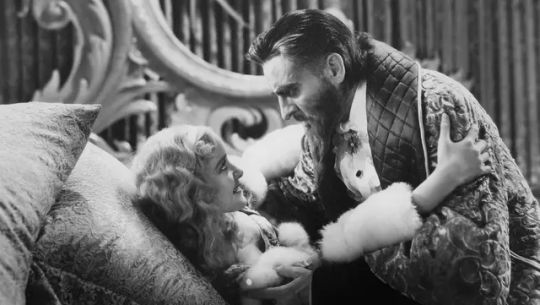
Archie Mayo | Svengali | 1931 (USA)
A dark and seductive tale of obsession and manipulation. A talented young singer falls under the spell of the sinister musician Svengali. As Svengali's influence over the singer grows, he begins to control every aspect of her life, leading to a dramatic and terrifying climax.
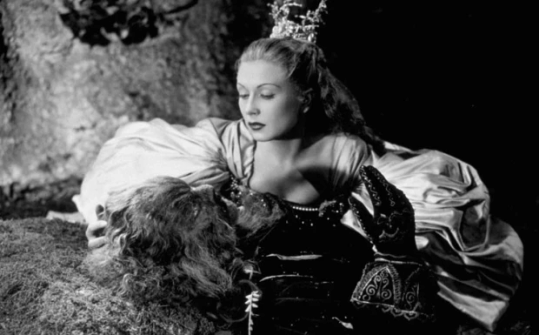
Jean Cocteau | La Belle et la Bête (Beauty and the Beast) | 1946 (France)
Belle’s father is sentenced to death for picking a rose from Beast’s garden. Belle offers to go back to the Beast in her father’s place. Beast falls in love with her and tests her by letting her return home but telling her that if she doesn’t return to him within a week, he will die of grief.
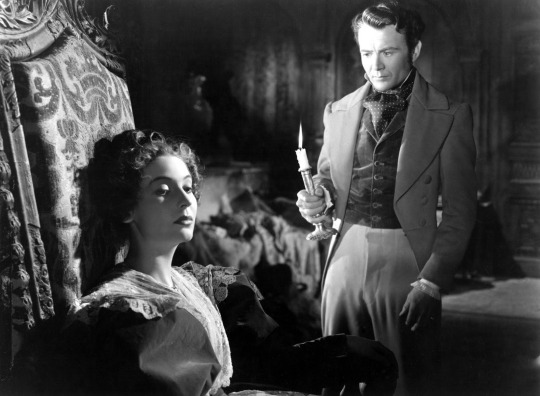
David Lean | Great Expectations | 1946 (UK)
Orphan Pip discovers through lawyer Mr. Jaggers that a mysterious benefactor wishes to ensure that he becomes a gentleman. Reunited with his childhood patron, Miss Havisham, and his first love, the beautiful but emotionally cold Estella, he discovers that the elderly spinster has gone mad from having been left at the altar as a young woman, and has made her charge into a warped, unfeeling heartbreaker.
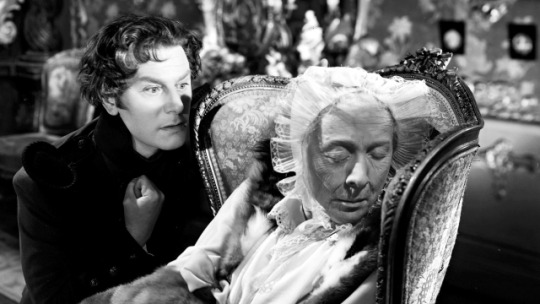
Thorold Dickinson | The Queen of Spades | 1949 (UK)
Countess Ranevskaya, an elderly woman sold her soul to the Devil in order to always win at cards. Captain Herman Suvorin, an embittered Russian soldier, becomes obsessed with discovering her secret and also finds himself smitten by her beautiful young companion, Lizaveta Ivanova. As Suvorin gets closer to the truth, his quest takes an unforgettably eerie turn.
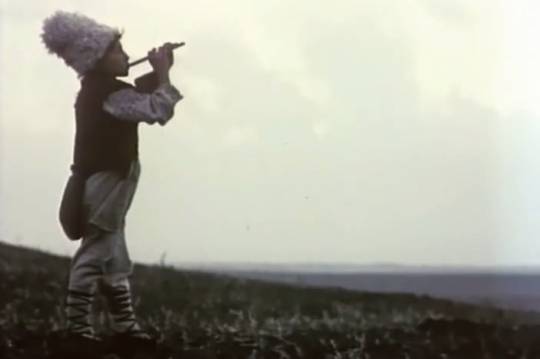
Yakov Bazelyan and Sergei Parajanov | Andriesh | 1954 (Soviet Union)
The evil sorcerer Black Whirlwind kidnaps the flock of a young shepherd boy, Andriesh, along with his beloved talking sheep, Miora, and his loyal dog, Lupar. Heartbroken, Andriesh embarks on a journey to rescue them. He receives a magical flute as a gift from the warrior Vainovan, which is meant to guide him to the castle of Black Whirlwind, who despises all living things.
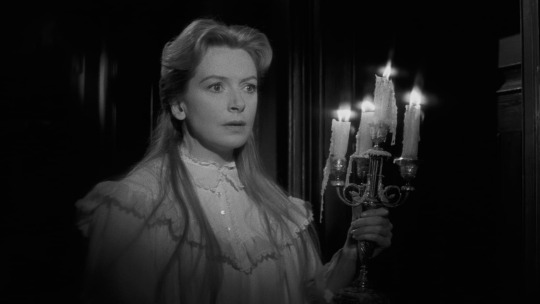
Jack Clayton | The Innocents | 1961 (USA; UK)
In Victorian England, the uncle of orphaned niece Flora and nephew Miles hires Miss Giddens as governess to raise the children at his estate with total independence and authority. Soon after her arrival, Miss Giddens comes to believe that the spirits of the former governess Miss Jessel and valet Peter Quint are possessing the children. Miss Giddens decides to help the children to face and exorcise the spirits.

Yuri Ilyenko | Vechir na Ivana Kupala (The Eve of Ivan Kupalo) | 1968 (Soviet Union)
Petro is a modest farmhand living in an impoverished village in some unspecified long-ago era. He wants to marry the lovely Pidorka, but her stern father won’t hear of it. The mischievous demon Basavriuk, offers a deal, enticing Petro into crime for the sake of fortune. Based on Nikolai Gogol’s short story “The Eve of Ivan Kupala” (“St John’s Eve”) and Ukrainian folk tales.
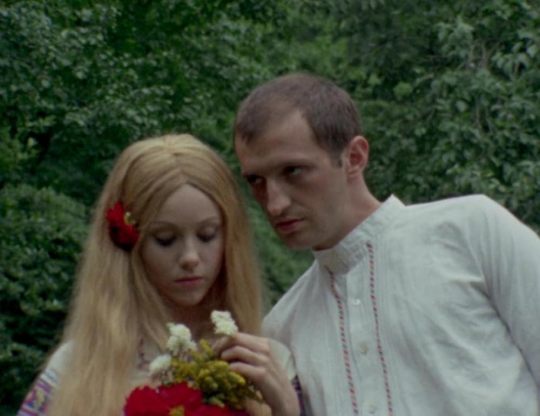
Djordje Kadijevic | Leptirica (The She-Butterfly) | 1973 (Yugoslavia)
Based on a revered classic of Serbian nineteenth-century literature, the short story “After Ninety Years” by Milovan Glisic. Its hero is Strahinya, a poor lad in rural Serbia who falls in love with the local landowner's daughter: in order to prove himself worthy of her love, he has to spend a night in an accursed mill. It is said that a vampire is sucking the blood of unfortunate mill men, thereby bringing the village to the verge of famine
#nosferatu 2024#robert eggers#Svengali#La Belle et la Bête#Jean Cocteau#Great Expectations#The Queen of Spades#Andriesh#The Innocents#The Eve of Ivan Kupalo#Leptirica#The She-Butterfly
109 notes
·
View notes
Note
I've been listening to the Bly Manor score on repeat the last few days.
Where did the inspiration to use O Willow Waly come from?
It's so beautiful how it's been meshed into the whole of the show.
"O Willow Waly" played a major role in The Innocents (1961), Jack Clayton's celebrated adaptation of The Turn of the Screw. In The Innocents, that is the song that little Flora is singing when the Governess arrives at Bly Manor. It's used several times, including over the opening credits of the film. It seemed fitting that our own adaptation of Turn of the Screw would pay tribute to Clayton's enduring classic. We made several other direct homages to The Innocents, including naming our Governess character ("Dani Clayton") after its director.
196 notes
·
View notes